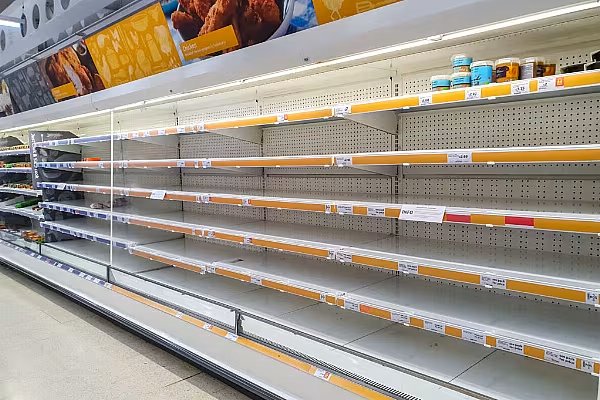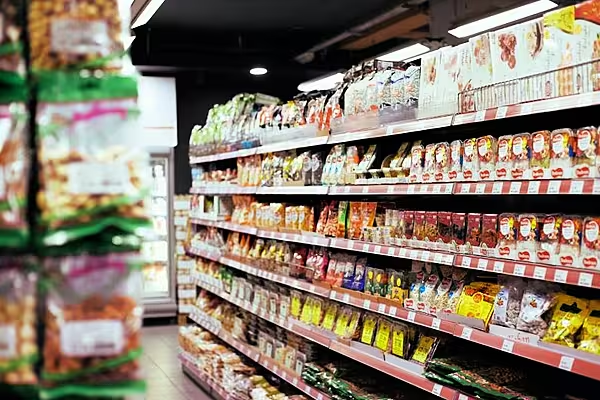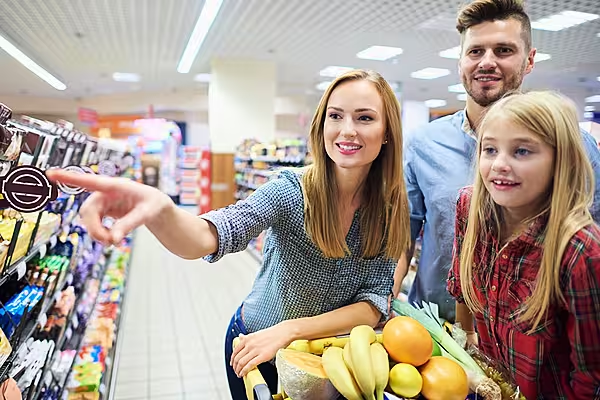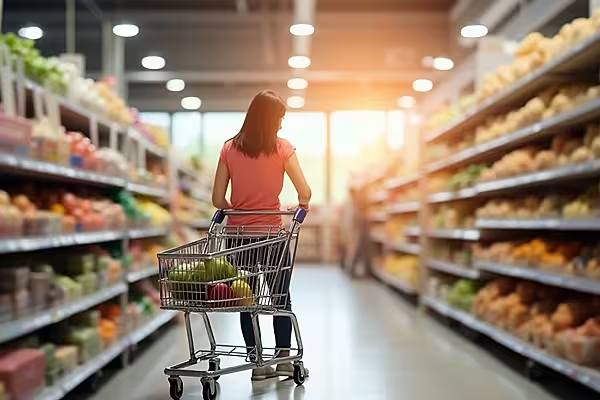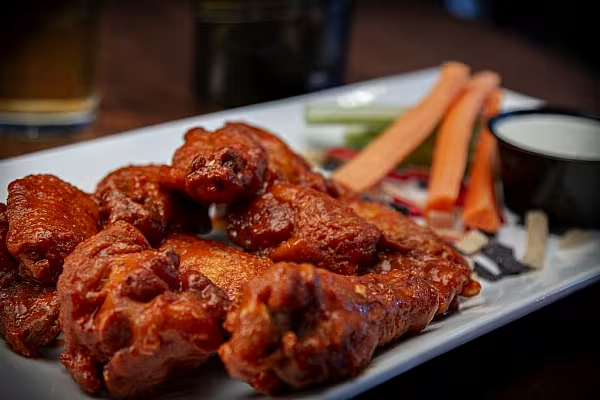Nandini Roy Choudhury, a senior research consultant with Future Market Insights (FMI), a global market research and consulting firm, examines how the coronavirus epidemic looks set to reshape some of the most popular food trends.
As a typical ‘black swan’ event, the COVID-19 pandemic is taking the world by complete surprise. The rapidly unfolding crisis is so for having little impact on the global food chain and the markets are relatively stable.
However, the situation could change for the worse, when anxiety-driven panic by food importers takes hold or coronavirus-related containment measures impede the movement of commodities from the world’s ‘breadbaskets’ to where they are consumed.
With the arrival of spring, farmers across the northern hemisphere are ramping up for the growing season – hiring workers, purchasing seeds and fertilizers, and taking orders. However, strict measures to prevent the spread of COVID-19 are derailing some of these efforts.
While some work continues with little interruption, farmers must adhere to social distancing requirements and stay-at-home orders and can be buffeted by food safety regulations.
From Farm to Fork – The Impact of Disrupted Supply Chains
Prior to the pandemic, food industry experts and business analysts predicted a momentum for plant-based proteins, meat alternatives, organic food, low- or no-alcohol beverages, and health-focused, sustainability-driven purchasing behaviours.
As COVID-19 affected countries move to enact measures aiming to halt the accelerating pandemic, uncertainty swirls around food availability and security which could spark a wave of export restrictions, imbalance between demand and supply, and increased price volatility.
Food and beverage companies with production facilities in worst-hit countries such as China, the U.S., and Italy are developing response actions and effective plans to mitigate the risk and deal with effects of the pandemic. On the other hand, food supply chain is completely upended, as consumers prowl half-empty aisles at supermarkets and restaurants go dark.
Influenced by the ‘essential’ status, governments are enabling local food distributors and wholesalers to perform logistical miracles, redirecting truckloads of food from shuttering business to grocery stores.
At-Home Consumption Over Out-Of-Home Consumption
In the era of COVID-19, at-home food consumption is taking over the popular dine-out culture, take-out friendly cuisines, and daily restaurant ‘connections’, as the out-of-home consumption – which typically generates the highest margin – has come to sustained standstill.
The pandemic’s effect on the global foodservice industry is becoming massive. In addition to nationwide lockdowns and strict social distancing norms leading to temporary closures of bars and restaurants, a xenophobic reaction to the outbreak resulted in steep decline in business of Chinese restaurants, especially in the U.S.
A domino effect of restrictions on air travel, postponements of events and trade shows cancellation of dinner plans, and a significant drop in reservations casted a dark shadow on the foodservice industry. For small, non-chain restaurants, the consequences have been devastating where workers lost hours or were laid off altogether.
Behavioural Changes
While it’s too early to predict which trends are most likely to rise above the noise by the end of the pandemic, consumers are more likely to behave conservatively and cautiously and rely on food and beverage that provide familiarity and comfort.
Such behaviour will weigh heavily on sales of plant-based meat alternatives, seafood, and products with premium ingredients. Additionally, high price tag of these products does not bode well with a possible economy crisis and push will meat eaters back to conventional animal protein.
Vegetables and affordable plant-based products will continue to maintain their integrity and voice, while dairy products ride on a winning combination of comfort and health attributes. Moreover, F&B beverage must act responsibly, adhering to a common global goal of food security, food safety, and nutrition and ensuring immediate response to the pandemic does not cause unwarranted shortages of essential food items.
© 2020 European Supermarket Magazine – your source for the latest retail news. Article by Nandini Roy Choudhury. Click subscribe to sign up to ESM: European Supermarket Magazine.
